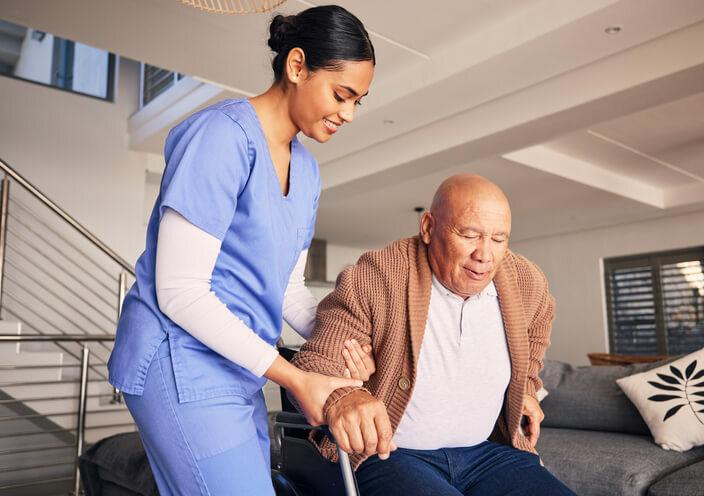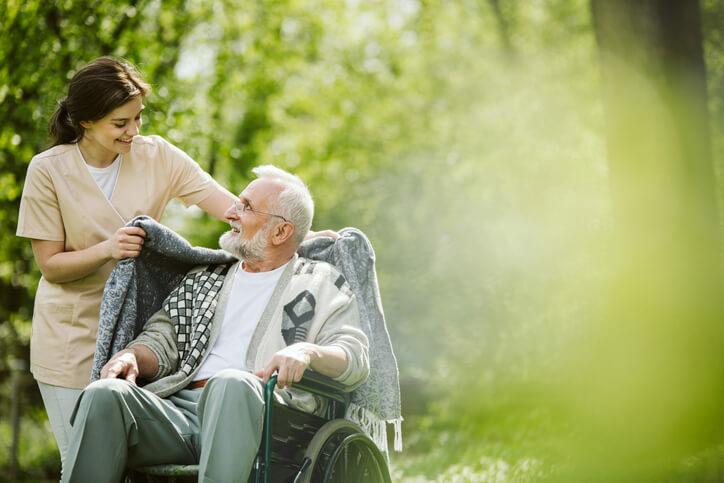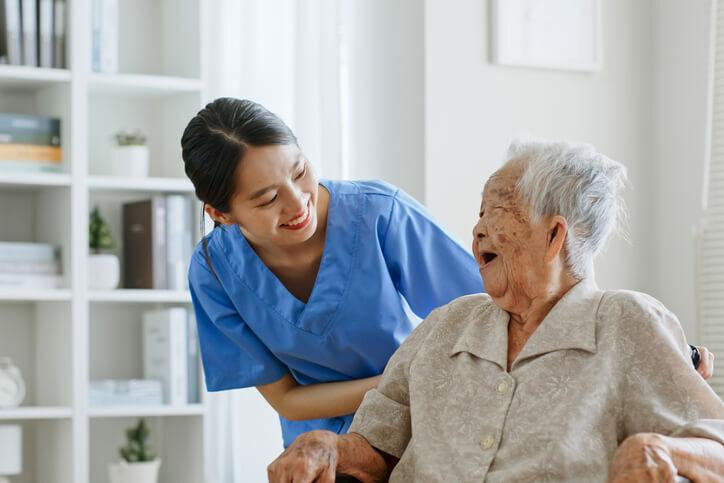
As a health care aide, you’ll be responsible for providing personalized care based on the needs of patients. In health care aide training, you’ll learn many clinical skills to place the individual at the center of care. Person-centered care is a guiding principle that elevates the quality of healthcare services. Let’s explore a comprehensive guide to person-centered care for health care aide training students.
Understanding the Essence of Person-Centered Care
Person-centered care is a healthcare approach that places the individual at the heart of their care journey. It emphasizes tailoring medical and support services to the unique needs, preferences, and values of each patient or client. In this approach, healthcare providers collaborate closely with individuals, respecting their autonomy and involving them in decision-making.
The goal is to provide holistic and empathetic care that addresses physical health and considers emotional, social, and psychological well-being. Person-centered care fosters a sense of dignity, empowerment, and trust between the patient and their healthcare team, ultimately leading to more effective and satisfying healthcare experiences. The World Health Organization defines person-centered care as: “empowering people to take charge of their health rather than being passive recipients of services.”

Learn the principles of person-centered care in detail after health care aide training
Person-Centered Care Is Built on Meaningful Connections
As a health care aide, forming meaningful connections with those under your care is essential. The value of such connections can be profound and offers a wide range of benefits, such as improved quality of care, reduced client isolation, enhanced communication, and higher job satisfaction for the practitioner.
Person-centered care involves active listening, empathy, and communication beyond a patient’s physical needs. Understanding the person’s background, interests, and life experiences contributes to a more personalized and compassionate approach. A positive rapport could potentially improve the quality of life for patients after health care aide training.
Respecting Autonomy and Independence
A fundamental tenet of person-centered care is respecting the autonomy and independence of the individual. Health care aide graduates should strive to involve patients in decisions about their care, encouraging self-expression and freedom of choice whenever possible. This approach promotes a sense of control and enhances the overall well-being of the care recipient. After health care aide courses, A core objective is to prioritize the dignity and autonomy of patients.

Focus on promoting autonomy after health care aide training
Continuous Learning and Adaptability in Health Care Aide Training and Beyond
Person-centered care requires a commitment to continuous learning and adaptability. Health care aide students should stay informed about the latest developments in healthcare and be willing to adapt their approaches based on individual preferences and evolving needs. This commitment ensures that care remains person-centered in a dynamic healthcare landscape.
Throughout your healthcare aide career, embracing person-centered care is a commitment to providing compassionate and personalized support. By understanding the essence of person-centered care, building meaningful connections, respecting autonomy, and committing to continuous learning, health care aide students reach that moment when they truly make a difference in the lives of those they serve.
Ready to provide person-centered care as a health care aide? Your career awaits!


